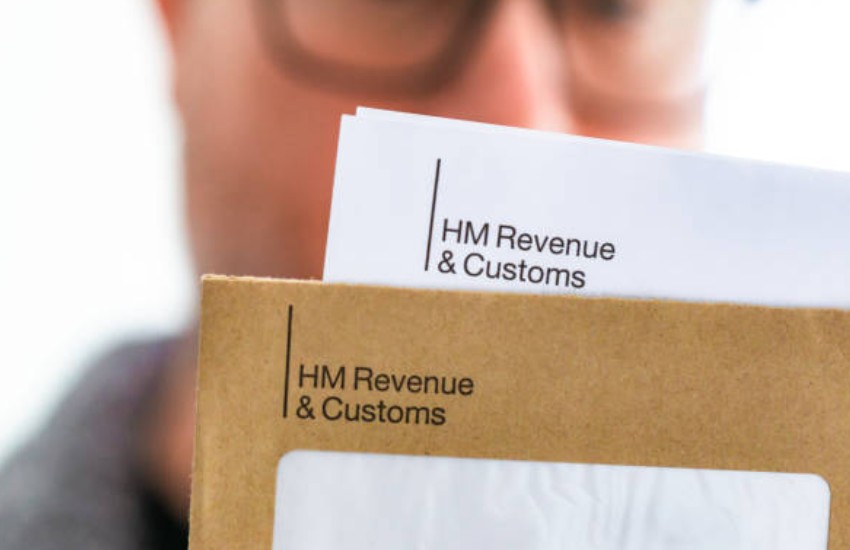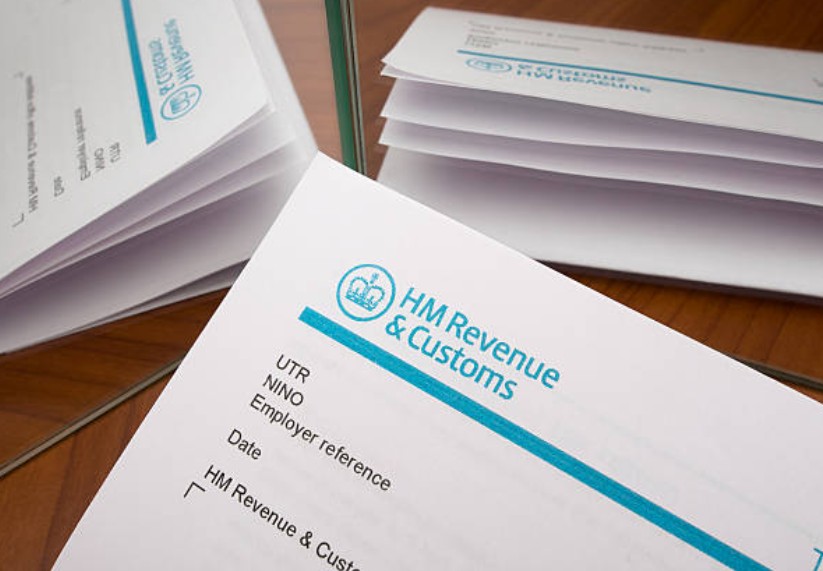Reporting someone to HMRC isn’t something you do lightly. When I found myself in a situation where someone I knew was very clearly not declaring their income, I was torn. I didn’t want to get involved in anyone’s business, but I also couldn’t ignore the fact that they were benefiting from a system the rest of us were paying into honestly.
That’s when I began to seriously look into what happens when you report someone to HMRC in the UK. I learned a lot—some surprising, some reassuring—and decided to share my experience in case you’re considering doing the same.
Why I Decided to Report Someone to HMRC?
It started when I noticed repeated signs of undeclared income—cash jobs, high-value purchases, and a clear paper trail that didn’t seem to match the person’s declared employment or lifestyle. I wasn’t looking to cause trouble, but I also didn’t think it was fair that honest taxpayers like me were subsidizing someone else’s fraud.
I sat on it for weeks, questioning if it was my place. Eventually, I decided that if I had reasonable evidence, reporting it was the responsible thing to do. I didn’t want to regret staying silent. I wasn’t angry or vindictive—I just wanted to do the right thing.
What Can You Report to HMRC?

HMRC allows you to report a wide range of suspicious financial activities. Here’s what typically qualifies:
- Undeclared income (cash-in-hand work not reported)
- Benefit fraud (claiming benefits while earning more than allowed)
- VAT fraud or false invoicing
- Employment-related fraud (like fake payroll entries or disguised employment)
- Deliberate under-reporting of income by self-employed individuals
- Money laundering or suspicious transfers
I reported someone I suspected of being self-employed without declaring income. This can be as simple as consistently working for cash while not registered with HMRC or filing self-assessments.
It’s also worth noting that there’s a difference between tax evasion (illegal) and tax avoidance (legal, but sometimes unethical). HMRC tends to focus its investigations on evasion, where there’s clear intent to mislead.
Can You Report Someone to HMRC Anonymously?
Yes—you absolutely can. And in my case, I did.
When I visited HMRC’s online Fraud Reporting Form, I was relieved to see that it’s designed for anonymous submissions. I didn’t have to share my name, contact details, or any personal information. The form allowed me to explain the situation, give the person’s name and address, and describe what I knew.
There’s also a telephone option and even a postal address if you prefer to report in writing. HMRC makes it clear that you are not required to identify yourself.
They take confidentiality seriously, and your identity won’t be shared with the person being reported—even if you do provide your details.
What Information Do You Need to Make a Report?
I didn’t have to provide bank statements or hard evidence (though that helps), but I was as specific as possible. HMRC doesn’t expect you to have a case file, but they do need enough detail to justify an investigation.
Here’s what I included in my report:
- Full name of the person I was reporting
- Their address and, if possible, workplace or business name
- A description of what I believed they were doing (undeclared income)
- How I became aware of it
- Any relevant timeframes or amounts involved
You don’t need to know every detail, but vague or unsubstantiated reports are less likely to be followed up.
What Happens After You Submit a Report to HMRC?

This was the part I was most curious—and anxious—about. What actually happens after you click “submit”?
Here’s what I learned and experienced:
- HMRC reviews the report internally through a risk-based triage system.
- They assess whether the report contains enough information and whether it poses a genuine risk of tax fraud.
- If they decide to investigate, they may initiate:
- A compliance check
- A full tax investigation
- Or in more serious cases, a criminal inquiry
I never heard anything back after submitting my report, and that’s actually normal. HMRC does not update or involve informants after the report is submitted, even if you provide your contact details. It’s all kept highly confidential.
Table: How HMRC Handles Reports of Tax Fraud or Evasion?
| Stage | What Happens |
|---|---|
| Report Submission | Received via form, phone, or post—anonymous if preferred |
| Initial Review | HMRC assesses for credibility, detail, and risk |
| Investigation (if justified) | Can involve compliance checks, tax return reviews, or interviews |
| Enforcement Action | Penalties, fines, repayment demands, or criminal prosecution |
| Outcome Notification | No updates were given to the person who reported |
Will You Find Out What Happened to the Person You Reported?
This was a question I had from the start—and the answer is no. HMRC will not contact you after you make a report, even if you give them your name. Due to data protection laws and their confidentiality policy, they won’t tell you whether:
- The report was investigated
- Any action was taken
- The person admitted to fraud or paid penalties
While it can be frustrating not to get closure, it’s important to remember the system is designed to protect both parties’ privacy. In some cases, you might notice subtle signs—like someone suddenly “going legit” or reducing their workload—but it’s rare to know for sure.
What Are the Risks or Consequences of Reporting Someone?

If you’re worried about backlash or legal risks—don’t be. As long as you’re reporting in good faith and not making knowingly false claims, you’re protected.
You can report anonymously and walk away without ever being linked to the case. HMRC doesn’t reveal who made a report—even under pressure.
However, filing malicious or false reports can potentially get you into trouble. It’s important to be honest and only report if you have reasonable suspicion that something illegal is happening.
What Are the Possible Outcomes for the Person Being Reported?
Depending on what HMRC finds, the outcomes can range from light to severe:
- Informal compliance checks (requesting more info or clarification)
- Repayment of undeclared taxes plus interest
- Fines or penalties, which can reach up to 100% of the tax owed
- Prosecution, in more serious fraud cases, which can lead to criminal charges and prison
In most minor or first-time cases, HMRC tends to opt for financial penalties and bringing the person back into compliance rather than prosecution. But for repeat offenders or large-scale fraud, they don’t hold back.
Final Thoughts: Should You Report Someone to HMRC?
Looking back, I believe I did the right thing. It wasn’t an easy decision, and it felt strange at first—almost like I was crossing a line. But the truth is, if someone is knowingly committing tax fraud, it affects all of us.
The process of reporting was straightforward, confidential, and handled professionally. I may never know the outcome, but I’m confident HMRC took the information seriously and did what was necessary.
If you’re in a similar position and wondering what happens when you report someone to HMRC, my advice is simple: trust the process. Make sure you have a reasonable belief that something wrong is happening, provide as much detail as you can, and let HMRC do the rest.
It’s not about being a busybody—it’s about fairness, integrity, and making sure everyone plays by the same rules.






